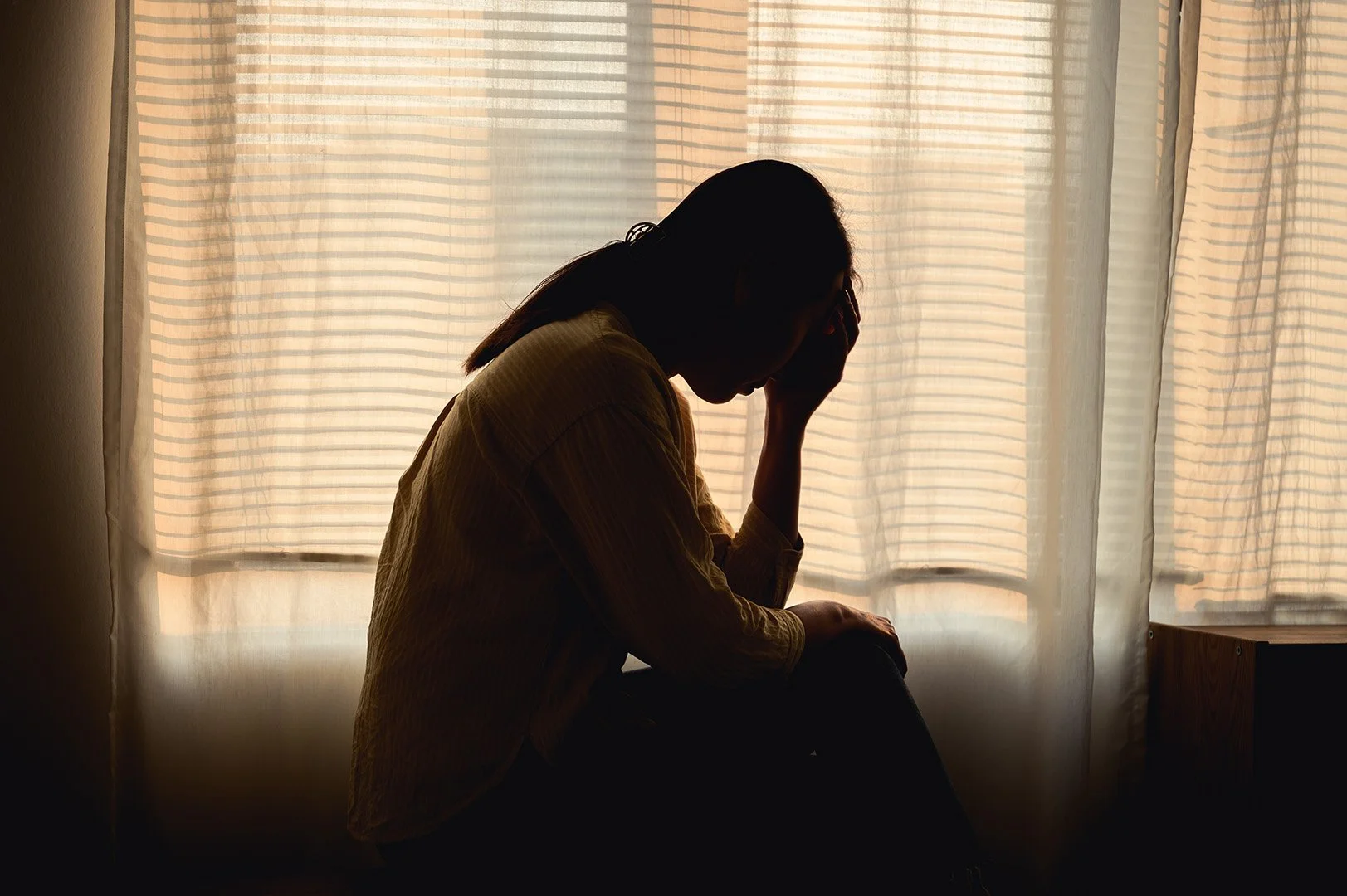Understanding Domestic Violence’s Impact on Mental Health
Domestic violence is a pervasive issue that leaves deep scars, both physical and emotional, on those who experience it. Beyond the immediate physical harm, the long-term effects of domestic violence on mental health are profound and often life-altering. Survivors frequently grapple with mental health challenges such as anxiety, depression, and post-traumatic stress disorder (PTSD), as they try to rebuild their lives. Addressing this complex issue requires not just awareness, but also actionable support. That’s where organizations like Steps to Hope step in, providing a lifeline for survivors through their essential services and resources. By addressing both the immediate and long-term mental health needs of survivors, Steps to Hope plays a crucial role in helping individuals heal and regain their sense of self-worth.
The Psychological Effects of Domestic Violence
Survivors of domestic violence often face a range of psychological effects that extend far beyond the abusive environment. Anxiety and depression are among the most common outcomes, as survivors frequently experience feelings of fear, isolation, and hopelessness. The constant exposure to a toxic environment can also lead to post-traumatic stress disorder (PTSD), characterized by flashbacks, nightmares, and a heightened state of alertness that makes everyday functioning difficult. Additionally, many survivors may struggle with low self-esteem and feelings of guilt, believing they are to blame for their situation. These mental health challenges can affect every aspect of a survivor’s life, from their relationships to their ability to work or pursue personal goals.
Recognizing these challenges, Steps to Hope provides vital resources for individuals facing the psychological effects of domestic violence. Through counseling and support groups, survivors can begin to process their experiences in a safe and compassionate environment. Steps to Hope also emphasizes the importance of education, helping survivors understand that the abuse they endured was not their fault and empowering them to take steps toward recovery. By focusing on both immediate and long-term mental health care, Steps to Hope gives survivors the tools they need to heal and move forward.
The Long-Term Consequences of Domestic Violence on Mental Health
The impact of domestic violence doesn’t always end when a survivor leaves the abusive relationship. Untreated trauma can lead to chronic mental health issues that persist for years, sometimes decades. Survivors may continue to battle symptoms of PTSD, including hypervigilance and emotional numbness, which can interfere with their ability to form healthy relationships or trust others. Depression and anxiety may also worsen over time if left unaddressed, potentially leading to difficulties in maintaining employment or engaging with family and friends. For some, the weight of these unresolved mental health challenges can even contribute to substance abuse or other harmful coping mechanisms.
Steps to Hope recognizes the importance of addressing these long-term consequences. Their programs are designed to offer survivors ongoing support, even after they have left an abusive environment. From individualized therapy sessions to group workshops that foster a sense of community, Steps to Hope helps survivors develop healthy coping strategies and rebuild their lives. By intervening early and providing continuous care, Steps to Hope plays a critical role in breaking the cycle of trauma and helping survivors regain control of their mental well-being.
Steps to Hope’s Role in Supporting Survivors
Steps to Hope is dedicated to empowering survivors of domestic violence and providing them with the support they need to rebuild their lives. The organization offers a comprehensive range of services tailored to meet the unique needs of each individual. Safe housing options provide survivors with a secure space where they can begin to heal without fear of further harm. Counseling services, both individual and group-based, address the emotional toll of abuse, helping survivors work through their pain and develop the tools to move forward.
Steps to Hope also focuses on advocacy, ensuring survivors have access to the legal and financial resources necessary to navigate their recovery journey. Importantly, their programs are trauma-informed, meaning they are designed to acknowledge the profound mental health impact of domestic violence and prioritize the emotional safety of those they serve. By combining practical support with emotional care, Steps to Hope offers a holistic approach to recovery, reminding survivors that they are not alone in their healing process.
Addressing Mental Health in the Wake of Domestic Violence
Domestic violence leaves an undeniable mark on mental health, with survivors often facing a lifetime of challenges if they are unable to access the care and support they need. From the immediate psychological effects, such as anxiety and PTSD, to the long-term consequences of untreated trauma, the impact is both deep and far-reaching. However, recovery is possible with the right resources and support systems in place.
Steps to Hope stands as a beacon of hope for survivors, offering a wide range of services designed to address both their immediate and long-term mental health needs. Whether through counseling, safe housing, or advocacy, the organization is committed to helping individuals heal and reclaim their lives. If you or someone you know is experiencing domestic violence, don’t hesitate to reach out to Steps to Hope for help. Together, we can work toward a future where survivors feel empowered, supported, and hopeful once again.

